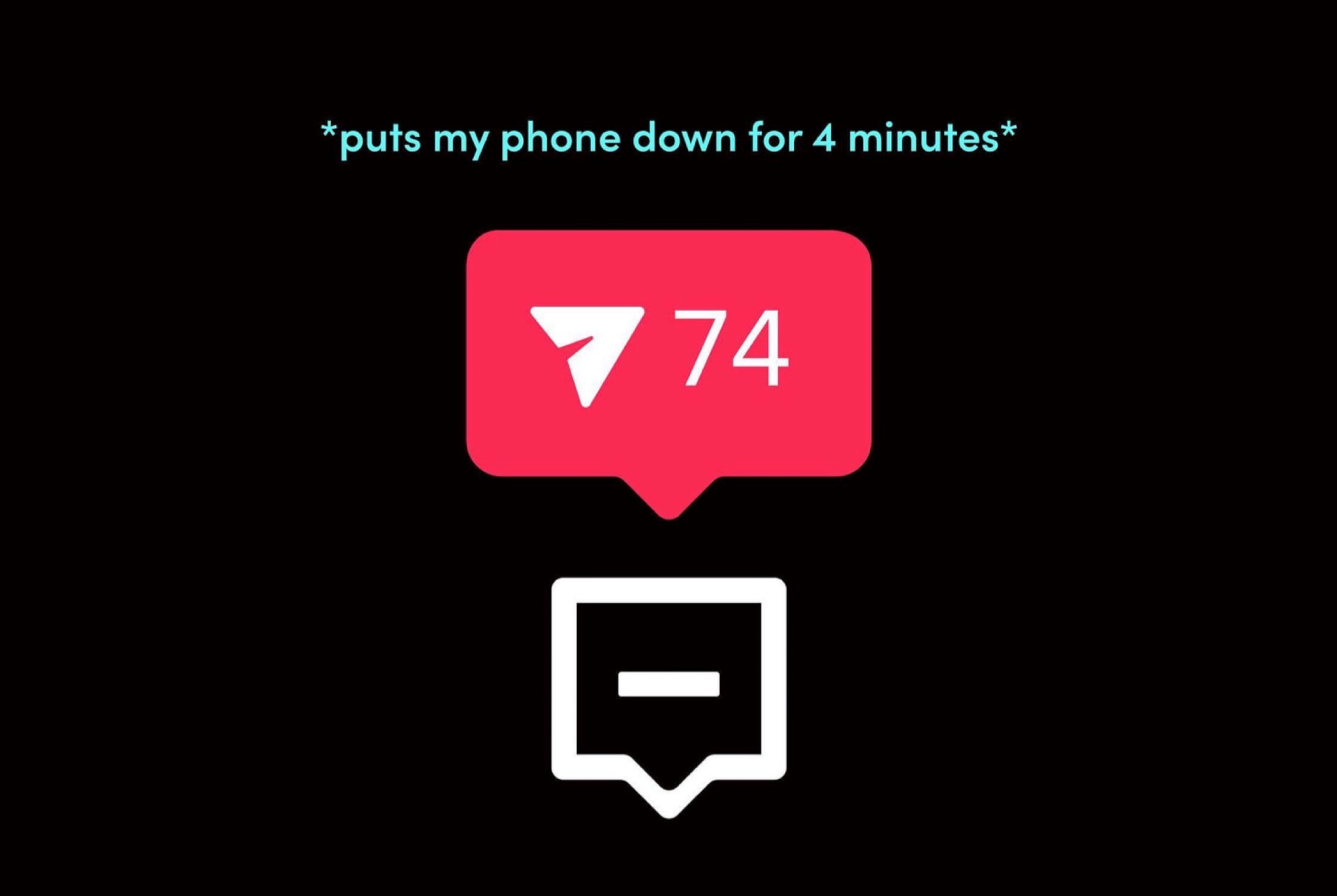It’s little surprise that TikTok is everywhere you look. There’s nothing you can’t find on the popular video app, which is often credited for launching numerous creators into the spotlight. Concerns arise, however, when children and teenagers are rising stars. In 2020, some of the most famous names on the app were kids who went viral, creating a whole new generation of child stars. And with more teenagers turning to TikTok than Google, the risk goes up for this generation’s casual exposure to fame.
The Historic Issue of Child Stars
Despite the trope of the “child star meltdown,” psychologists have remarked on the effects of fame on young stars for some time. A childhood lived in the spotlight may result in a variety of developmental abnormalities. One noticeable effect is that many young stars find a disconnect between the “celebrity self” and the “authentic self.” While the aptly named “child star syndrome” remains mostly stereotyped and difficult to properly study, some professionals have noted that a large population of minors who grow up in the spotlight suffer from PTSD. Child stars are more vulnerable to exploitation and abuse, and they often grow up with a considerable lack of privacy. While many people may be glad to put their most awkward memories behind them, kids exposed to fame at a young age have their worst memories broadcast to the world indefinitely.
The Internet is Forever
Millennials and older members of Gen Z understand the phrase “the internet is forever” all too well. It centers around the idea that one’s past may follow them around indefinitely thanks to a potentially permanent digital footprint. Because of this, the versions of people that follow them around from the internet may not reflect their ongoing evolution as people. For kids and teenagers who are still in the process of developing who they are at the core of their being, this could mean that the digital footprint they create on TikTok follows them well into adulthood; reflecting only a small fraction of who they were when that content was posted online. Parents are encouraged to monitor their kids’ internet usage and remind them that what they post now may not be the version of themselves they want the world to see in the future. As teens communicate with hundreds of thousands of viewers across the world via their smartphones, this fleeting fame can fuel narcissism and bullying.
Harmful Content is Easily Accessible
Unlike previous generations of superstars, influencers on TikTok and other social media platforms don’t escape the spotlight. As long as their phones are in their pockets, or their computers are on in front of them, they face incessant notifications. Startling things happen on a neurological level for people facing fame at any age. When a person’s neurons are bombarded with the stress of constant surveillance, it can be very difficult to cultivate empathy for others. It doesn’t take much to imagine how this might negatively affect the developing brain of someone under the age of 25. The oscillating trends of apps like TikTok can make teens, “obsessed with their own visibility.” Furthermore, the bullying they may receive from this increased level of visibility can have long-lasting and damaging effects on their mental health.
On a public platform such as TikTok, teenagers can be exposed to an endless barrage of hateful comments. Jealously, revenge and feelings of low status may motivate bullies to target creators. These comments not only damage the reputations and self-esteem of these creators, but they may also induce anxiety.
TikTok and Mental Health
In early 2022, U.S. senators introduced the “Kids Online Safety Act,” created to help protect minors from the more harmful aspects of social media. This includes maintaining their privacy, protecting their sensitive information, mitigating risks to mental health, and funding research on how social media affects minors. Furthermore, President Biden and the Massachusetts Attorney General have spoken out on how social media apps can harm underdeveloped minds.
TikTok Has Changed the Landscape of Fame
A recent study shows that over 54% of Gen Z would prefer online fame to a traditional career path. Whether the rest of the world is ready for them or not, a new generation of child stars is taking over Instagram and TikTok. As the internet evolves, our cultural conception of fame and its effect on society’s youth must evolve alongside it.

















